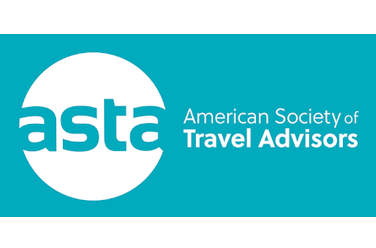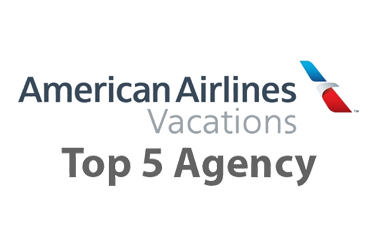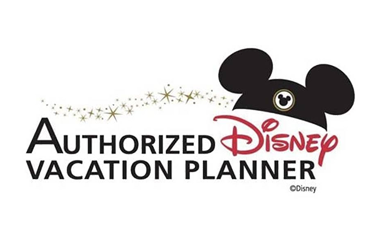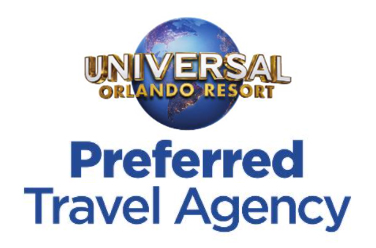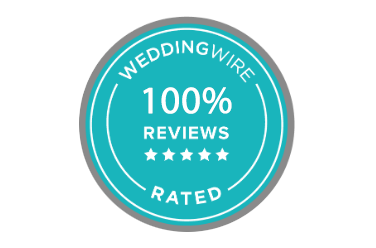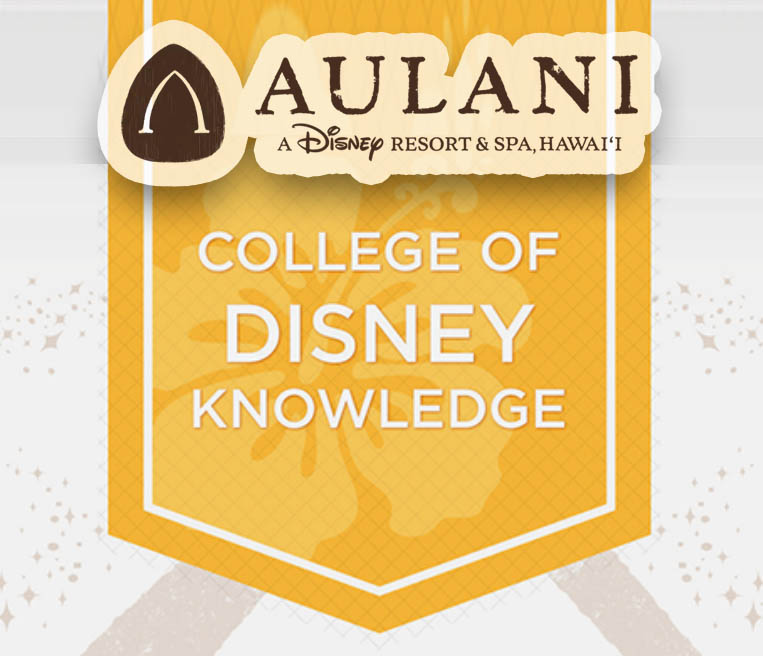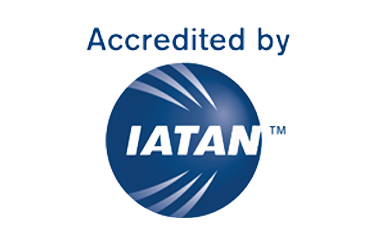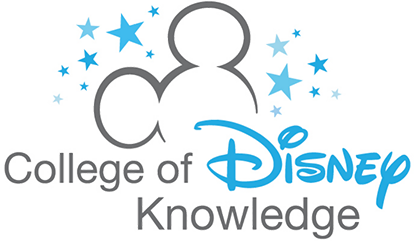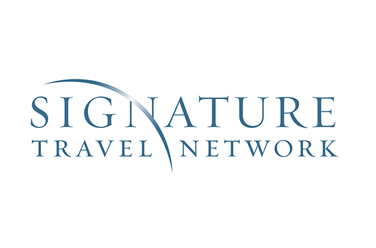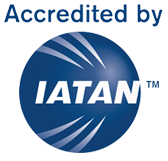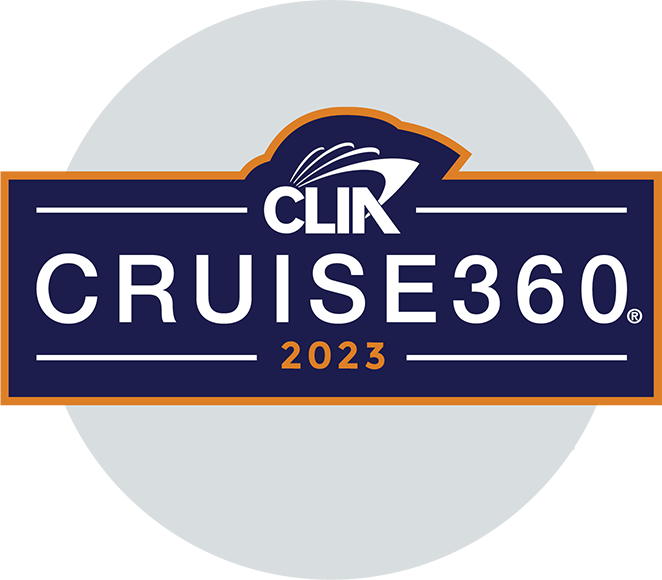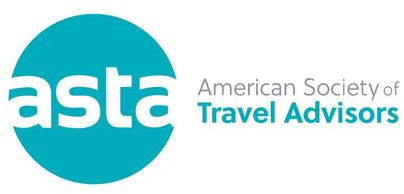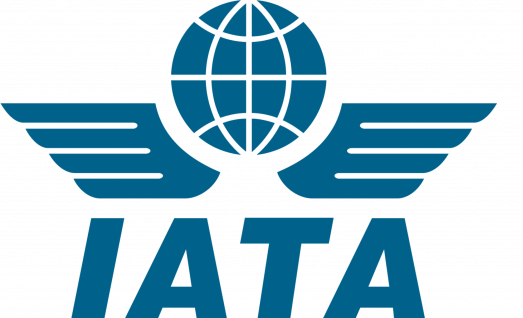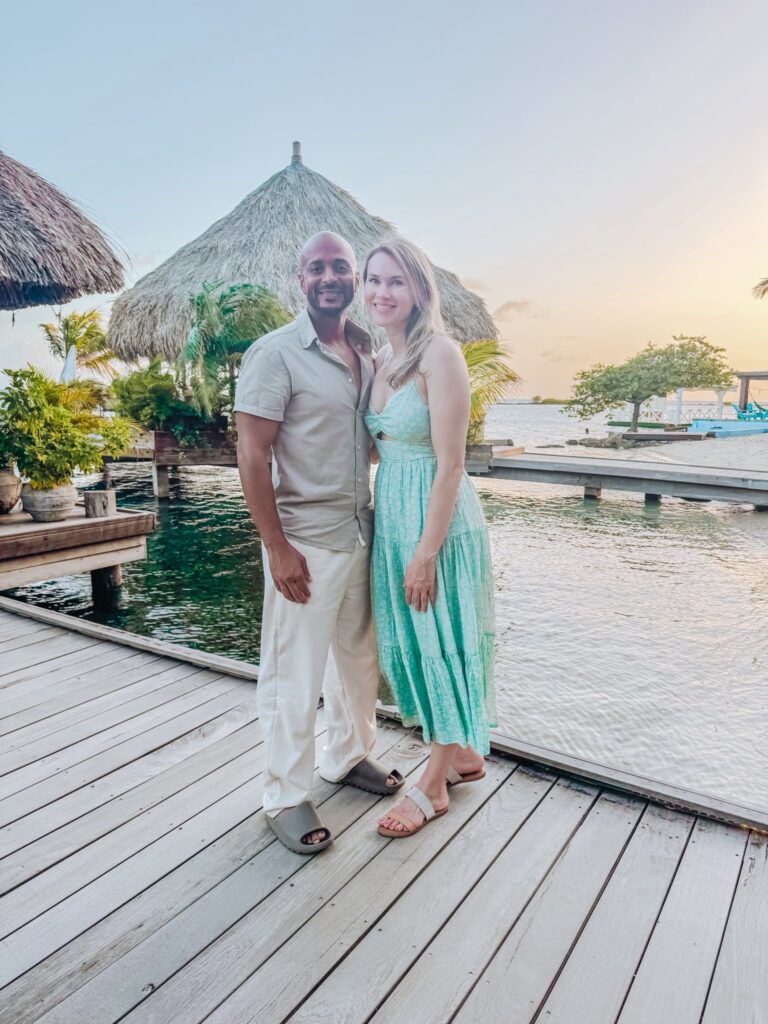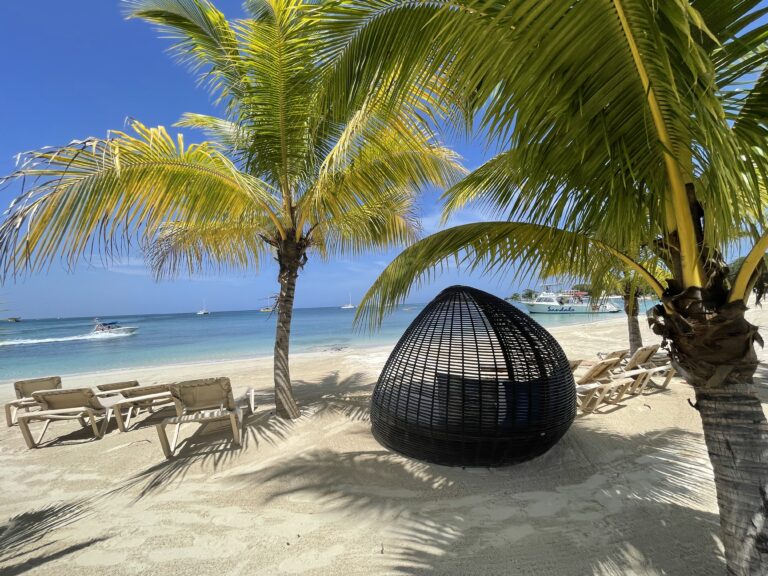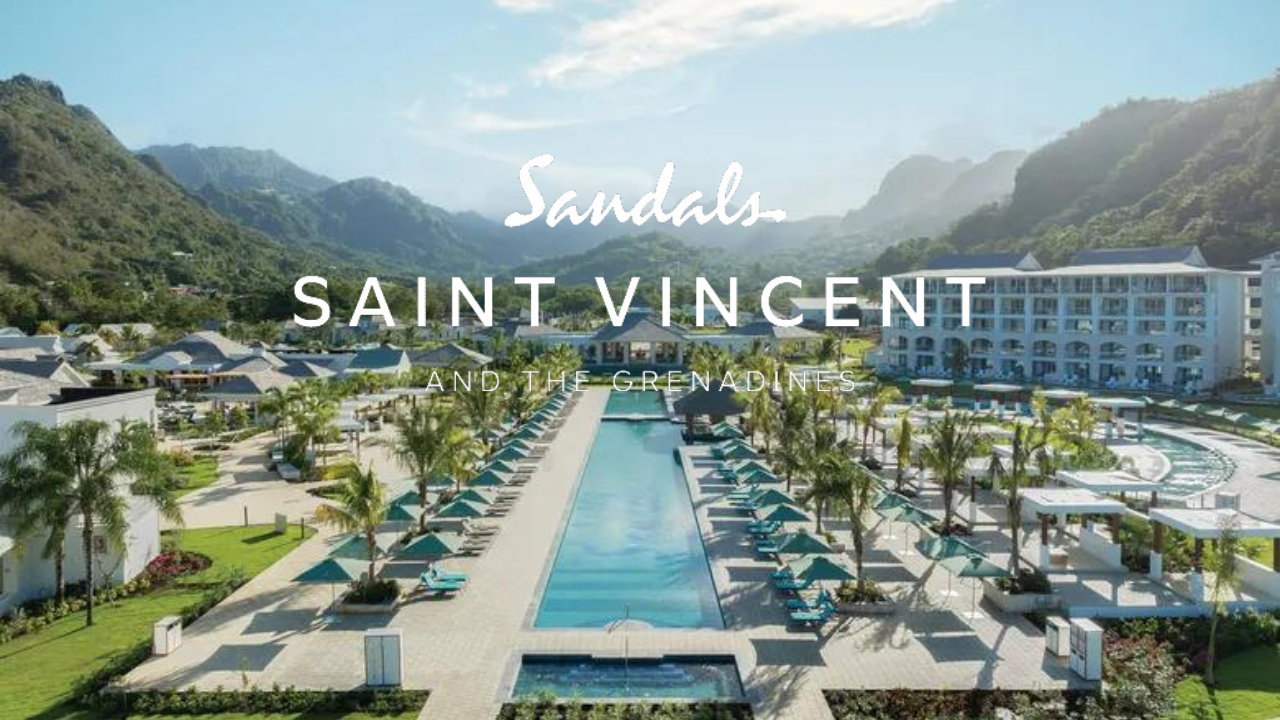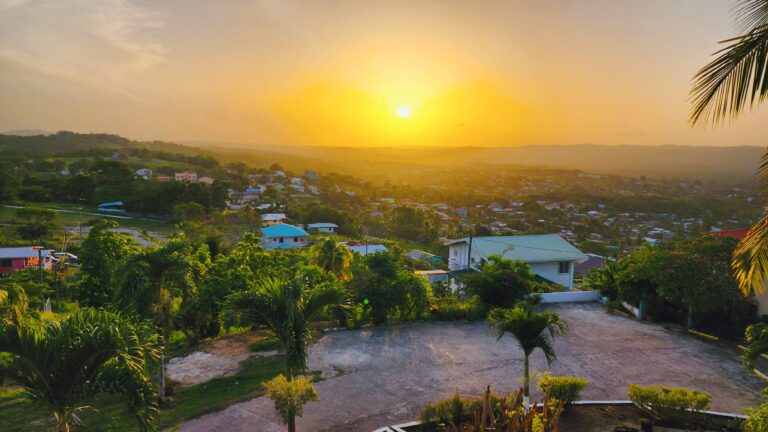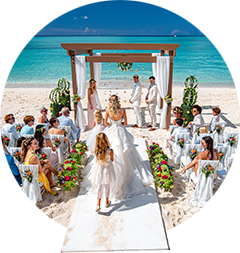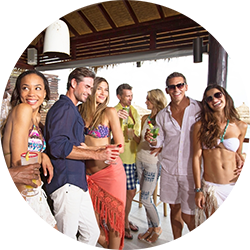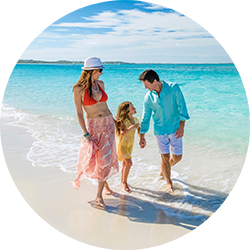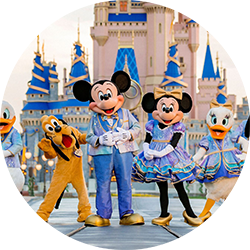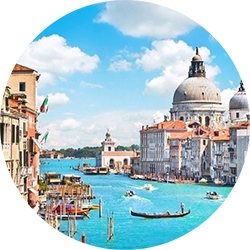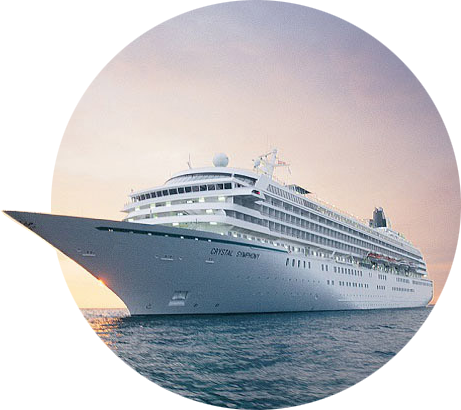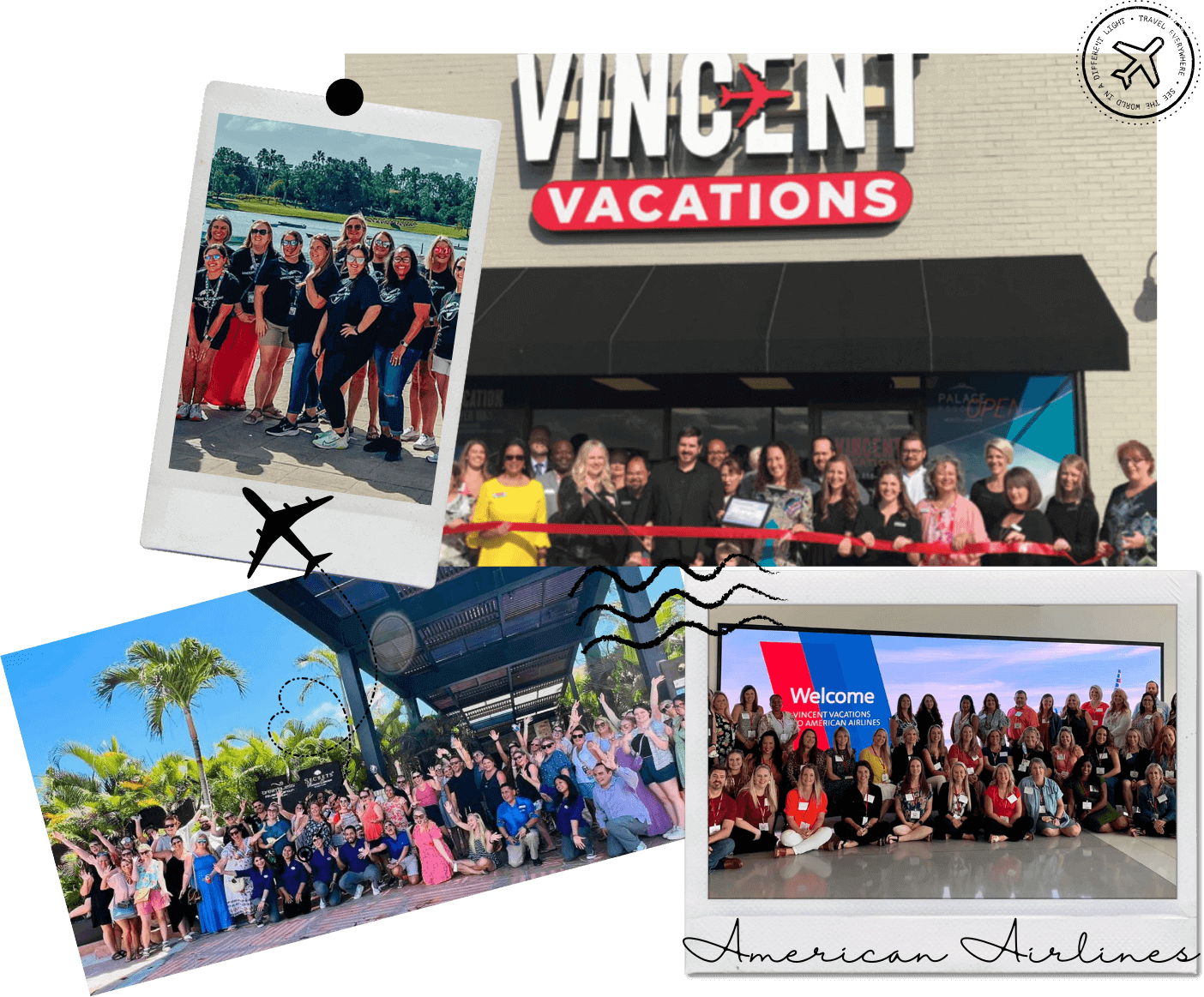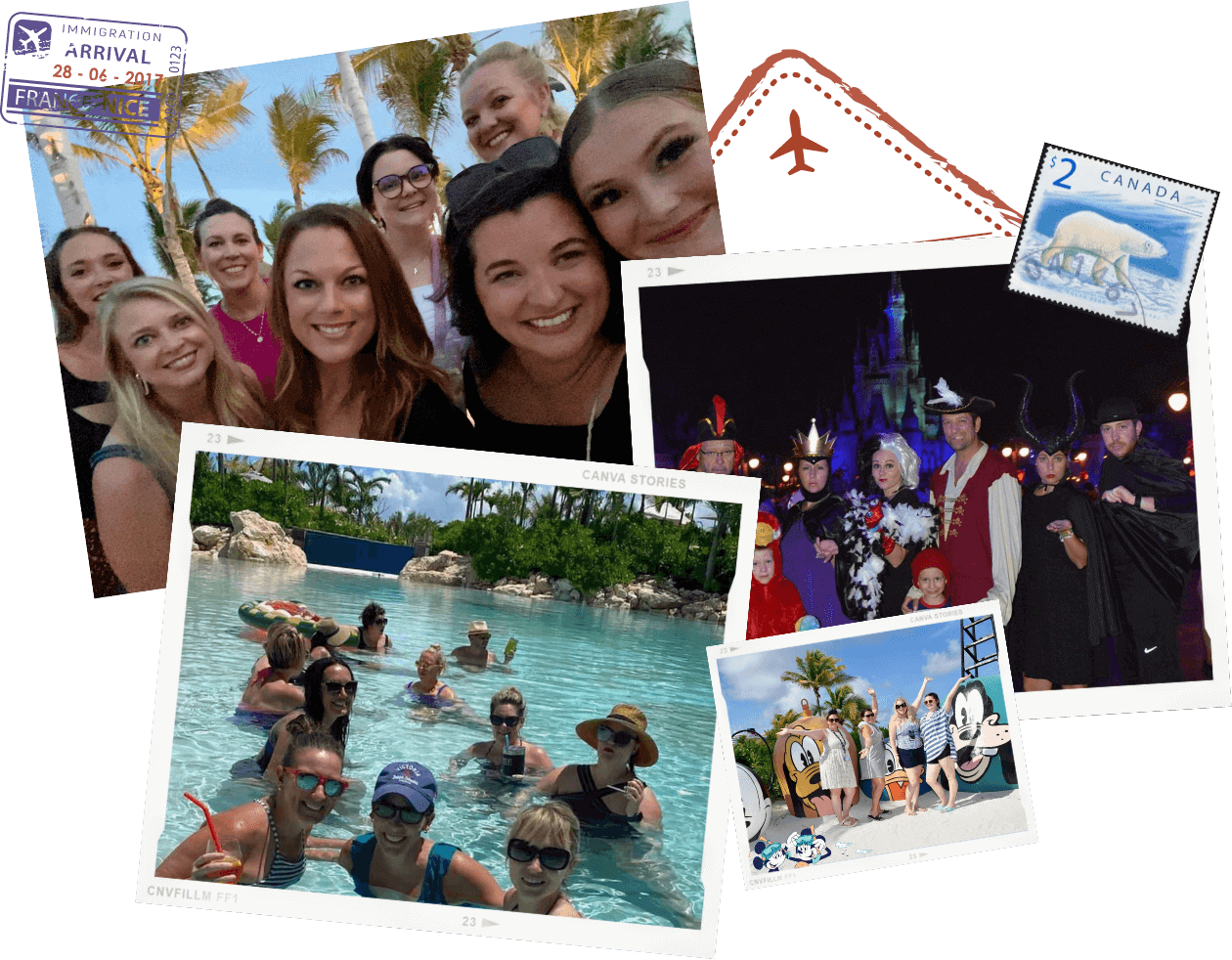
Although only 90 mi/145 km separate U.S. soil from Cuba, the two nations are as distinct as a thumbprint. A communist country since Fidel Castro seized power in 1959, Cuba is enigmatic, eccentric and exciting—a time-warp land of socialism and sensuality that mingles sizzling salsa rhythms with revolutionary calls to sacrifice.
Perhaps what makes Cuba's atmosphere so unique is the disparity between opulence and need, and yet the character that pervades throughout the country is one of bright color, deep emotion and an appreciation for the beautiful things in life, whether luxurious or simple.
Cuba's one-of-a-kind culture draws visitors in greater numbers every year, and new Cuban hotels are going up to house this influx of tourists. Despite a tangible increase in wealth in the past decade, the greatest restriction for Cubans is that the majority simply don't have the money to share many of the venues that tourists enjoy.
That's a shame because, to us, one of the greatest draws of this island nation is its people. Whether you dance salsa with locals at a Cuban nightclub, watch a baseball game in the park or banter with a shopkeeper, it's the Cuban people—passionate, vivacious and welcoming—and their unique and fascinating culture that are the most potentially rewarding aspects of a visit to the island.
Until recently, Cuba's relationship with the U.S. has been a waiting game. Since 1961, the U.S. government restricted its citizens from spending any money in the communist country, effectively deterring the development of large-scale tourism from the U.S., though individuals have quietly been visiting Cuba (via third countries) for years.
For many, Cuba is attractive because of images associated with its past: Ernest Hemingway, deep-sea fishing and Cadillacs rumbling down the road to the rhythm of the rumba on the radio. In other words, it's a paradise for carefree travelers.
Although Cuban hotels now approximate international standards, at least in Havana and at the modern beach resorts, much of Cuba's infrastructure has visibly deteriorated during the past 50 years or so. Shortages of fuel, transportation, food, electricity and water are widespread because of the dysfunctional communist economy. While Fidel ruled the island, the Cuban government blamed the controversial U.S. economic sanctions that have remained in place since 1961. Nevertheless, Cuba trades with the rest of the world, and an exception to the embargo means that the U.S. is Cuba's largest supplier of food. Since 2008, when Fidel's brother Raul was named president, the blame game has shifted to a real focus on fixing the communist system's internal dysfunction.
Cuba is not an inexpensive country to visit. Cuban hotels, food and transportation costs are similar to, and sometimes more expensive than, those in many other destinations in the Caribbean.
Geography
Cuba is a lush, beautiful island whose people reflect a blend of Carib Indian, African and Spanish heritage. It's the largest of the Caribbean islands—780 mi/1,250 km long. The topography ranges from stunning beaches to rugged mountain ranges. Valleys, lakes, wetlands and rivers give variety to the land.
Industry is broad-based (albeit inefficient), agriculture remains highly dependent on the debilitated sugar industry and state-run farms, and dilapidated factories and fallow fields have become a common sight.
More than three-quarters of the population live in cities, with fully one-fifth in Havana, which occupies a privileged Atlantic shore location towards the western end of the island.
History
Cuba's decades-old struggles with the U.S. aren't a new phenomenon: The two territories have been closely entwined since the 1800s, when the U.S. became the biggest consumer of Cuban sugar. For 400 years, Cuba had been ruled by Spain. The wealth of the annual treasure fleets, which assembled in Havana, and the vast incomes later generated by sugar led to the isle's nickname, the Pearl of the Antilles.
Attracted by the island's raw materials, the U.S. tried and failed to buy Cuba from Spain in the late 19th century. Meanwhile, an independence movement gained strength in Cuba, and two wars resulted. In the first, the Spanish retained control of the island. The second, led by Cuban hero Jose Marti, became a bitter and costly struggle that ended with the intervention of the U.S. in 1898. Using the mysterious sinking of the U.S. battleship Maine as a pretext, U.S. forces invaded Cuba and defeated the Spanish. The U.S. military administered Cuba 1898-1902.
Cuban independence: The island became a sovereign nation in 1902, but independence was tempered by the 1903 Platt Amendment to the Constitution, which let U.S. forces intervene in Cuba when necessary, and Washington held the Cuban government on a short leash. The U.S. Navy established a base at Guantanamo Bay, which it continues to hold on indefinite lease under terms dictated by the Platt Amendment.
A series of weak and corrupt governments ruled Cuba through the 1950s, resulting in huge disparities in wealth and political power. U.S. companies owned much of the country's economy, and casinos controlled by organized crime in the U.S. made the island a playground for tourists. Meanwhile, huge segments of the population were impoverished, illiterate and without medical services.
In 1953, Fidel Castro began his rebellion by attacking the Moncada Barracks in Santiago de Cuba. It was a failed mission that landed Castro in prison, although he was later released on the strength of his popular appeal. After brief exile in Mexico, Castro returned to Cuba with a guerrilla army in 1956, and in 1959 his forces overthrew the U.S.-backed military dictator Fulgencio Batista.
A democratic government was established, but Castro soon usurped it and seized power for himself, initiating radical social and economic reforms. His government took over Cuban lands and facilities owned by U.S. companies, straining relations with Washington during a period of high anxiety over the Cold War and perceived threats of communism. U.S. President Eisenhower responded by initiating the U.S. embargo, which is still in effect, despite the Obama administration's attempts to normalize relations.
Many Cubans who opposed Castro's policies left the island and settled in the Miami area. Some became involved in anti-Castro actions sponsored by the U.S. Central Intelligence Agency, including the failed invasion of Cuba at the Bay of Pigs in 1961. Meanwhile, Cuba aligned itself with the Soviet Union and became aggressively socialist. The U.S. severed diplomatic relations.
Cuba and the Cold War: When it was discovered that Soviet missiles were being installed in Cuba in 1962, U.S. President John F. Kennedy ordered that Soviet ships be stopped and searched, initiating the Cuban Missile Crisis that brought the two superpowers close to war. The Soviets later removed the missiles, but Cuba remained part of the Eastern bloc.
In the 1970s, the Soviet Union bought the complete Cuban sugar harvest at prices above market value, paying with oil and technology. It also gave Cuba an average of US$3 billion annually in aid, which allowed for modest prosperity on the island.
By 1980, however, economic downturns and political unrest led to the emigration of as many as 125,000 Cubans, who set off for Miami from the small harbor of Mariel, west of Havana. The U.S. admitted the refugees, but officials later found that many had been released from jails and mental institutions and told to emigrate.
After the Soviet Union fell, the loss of Soviet oil, goods and subsidies and tightening U.S. sanctions nearly brought Cuba to its knees. Cuba then turned to tourism, which has blossomed, as have the minerals and pharmaceuticals industries.
Growth of tourism: The aggressive development of tourism, the Cuban government's brief legalization of the U.S. dollar (1993-2005), market reforms that encourage foreign investments, and a degree of entrepreneurial freedom saved Cuba's political status quo. Despite former U.S. President Jimmy Carter's support of the Varela Project, a petition for more civil rights signed by 11,000 Cubans, Castro's government continued to jail dissidents, and relations between the Cuban and U.S. (and European) governments worsened.
In 2000, the U.S. Congress voted to permit sales of agricultural produce to Cuba. Although Cuba is heavily indebted to foreign nations, an exchange of petroleum from Venezuela paid for by Cuban medical services provided some economic relief, and trade and financial deals with China have been established.
Of crucial importance to the Cuban economy are the chrome, manganese and nickel industries, although the Cuban government declines to give official figures. Nickel is exploited in the eastern city of Moa, where pollution from mines and processing plants contaminates coastal waters.
In 2004, the Cuban government initiated a period of retrenchment, with greater state control over the economy and restrictions on foreign investment, self-employment and interactions between Cubans and foreign visitors. It also launched Operacion Milagro, a massive program of free health care in Cuba.
After Castro: In mid-2006, Fidel Castro was incapacitated with a life-threatening illness. He relinquished de facto control of the government to his younger brother, Raul, head of Cuba's armed forces. In February 2008, Raul Castro was elected president; a year later he enacted a government purge, removing some of Fidel's staunchest supporters including foreign minister Felipe Perez Roque, who was accused by Fidel himself of having become corrupt.
Raul initially made only timid attempts at economic reforms: Cubans were permitted to own computers and cell phones—if they could afford them. Raul favored the Chinese economic model of limited free enterprise teamed with strict political control. In 2011, Raul consolidated his power totally after Fidel relinquished his position as the First Secretary of the Communist Party of Cuba; Fidel—by then a shrunken figure—was rarely seen in public until his death in November 2016.
Raul has since initiated some striking reforms, notably in November 2011, when he granted Cubans the right to buy and sell property, and in January 2013, when all restrictions on freedom to travel were ended. He also enacted economic reforms intended to stimulate private enterprises in service industries.
In 2014, President Obama re-established diplomatic ties with Cuba, while loosening restrictions on travel to the country. U.S. tourism flourished under a "people-to-people" license designed to encourage cultural exchange, embassies reopened, and cruise ships and commercial flights were permitted from the U.S. mainland.
However, in June 2017, President Donald Trump signed an executive order reversing several Obama-era reforms. Embassies remain open and flights continue to operate, but the independent travel that flourished during the "Cuban Thaw" is again restricted, and additional regulations enacted in June 2019 eliminated U.S. cruise travel to the country. Travelers are advised to book through a group tour operator. It remains to be seen what effect these changes will have on U.S.-Cuban relations.
In 2018, Raul Castro retired from the presidency. Miguel Mario Diaz-Canel
Snapshot
Cuba's leading attractions are massive forts, beautiful beaches, colonial architecture, friendly people, a vivacious culture, great freshwater and deep-sea fishing, scuba diving and snorkeling, exquisite tropical scenery, sailing, romantic and sensual music, the world's finest cigars, sizzling cabarets, classic automobiles and an Alice in Wonderland surrealism.
Open-minded people who have a strong interest in beaches, watersports, Cuban history, and culture rich in art and music—and who want to see life under one of the few remaining communist regimes—will best appreciate Cuba. Travelers who must have efficient service at all times or who want a multitude of choices in restaurants and entertainment or Bulgari-style shopping will be dissatisfied. Others may be disappointed to find that many resort facilities are quite isolated from Cuban society and Cubans themselves (except those who work in the facilities).
Visitors seeking an immersion in Cuba's rich culture should avoid the beach resorts and instead stick to the major cities and to exploring the countryside. Visitors should also know that Cuba is more difficult to get around than many other Caribbean islands: Fuel and spare parts are in very short supply, the public transportation system is dire (at least for Cubans), bus travel for tourists is limited, and rental cars are expensive (and car rental contracts are full of state-run scams), although you can live without a car quite easily.
Most people who visit Cuba and escape the all-inclusive resorts to really explore the country return home enraptured by its sensuality, profound culture, infectious rhythms and enigmatically eccentric ways.
Potpourri
Legendary Argentine revolutionary Che Guevara is buried in Cuba. After fighting alongside Castro in the Revolution and serving as Cuba's Minister of Finance and Industry, Che was killed in Bolivia in 1967 while trying to incite revolution, and it wasn't until the fall of 1997 that his remains were sent back to Cuba.
Cuba was officially an atheist state from 1960 till 1992, and Christmas Day was not a legal holiday in Cuba between 1969 and 1998, when Castro reinstated it as a holiday in honor of Pope John Paul II's visit. Many Cubans vacate their front rooms to build massive nativity scenes, often open to the public.
The majority of Cubans practice some form of Santeria, the homegrown religion that blends African gods and beliefs with Catholic saints.
Be prepared to be serenaded. The tourist board pays musicians to play for tourists wherever they might gather. The players are always excellent, but they are paid very little and must rely on tips to make ends meet.
One in every four passenger cars in Cuba predates the Revolution. Models that are now rare in the U.S., such as Kaisers and Studebakers, are relatively common in Cuba. Don't be surprised to see Model T Fords used as everyday family vehicles.
Notwithstanding the embargo, the U.S. ships millions of dollars worth of agricultural goods each year. The definition of agricultural products is so broad that even the Communist Party daily, Granma, is printed on newsprint from the U.S.

